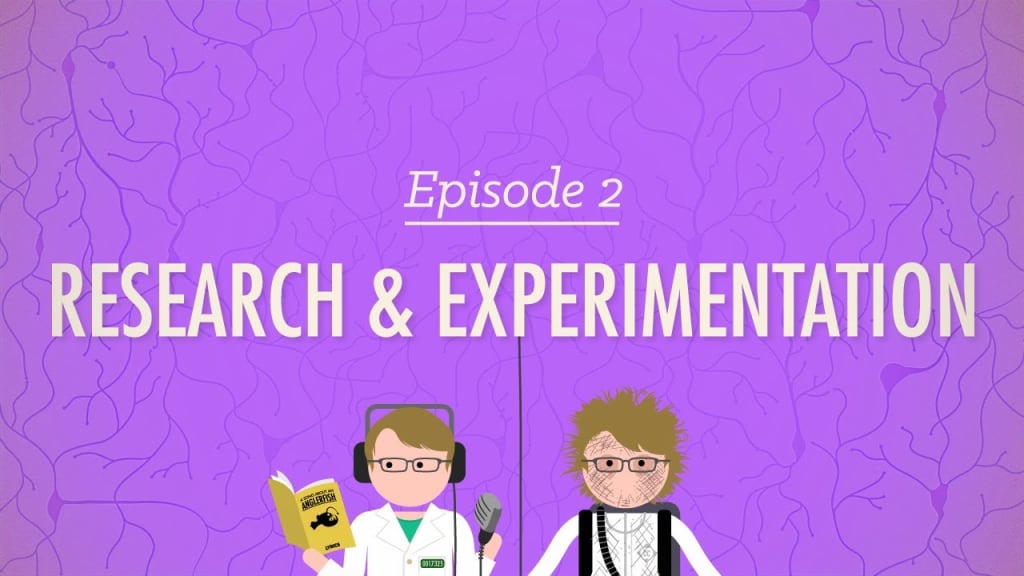The Science Behind Psychological Research: Exploring Intuition, Correlation, and Experimentation
Unveiling the Truth through Empirical Evidence and Rigorous Methodology

The Science Behind Psychological Research: Exploring Intuition, Correlation, and Experimentation
Subtitle: Unveiling the Truth through Empirical Evidence and Rigorous Methodology
Introduction
Psychological research plays a vital role in understanding human behavior and uncovering the truth behind various phenomena. However, relying solely on intuition can lead to false assumptions and inaccurate conclusions. This article aims to shed light on the importance of scientific inquiry, highlighting the processes of operationalizing questions, formulating hypotheses, conducting experiments, and avoiding biases. By examining the fallacies of intuition and the significance of empirical evidence, we can gain a deeper understanding of the human mind and behavior.
The Fallacy of Intuition
Intuition is a powerful tool, often guiding our understanding of others and their behaviors. However, it is important to recognize that intuition can be misleading and prone to errors. Hindsight bias, also known as the "I-Knew-It-All-Along" phenomenon, leads us to believe that our intuition is accurate when we are proven right. Conversely, when our intuition fails us, we tend to disregard the incorrect judgment. This bias demonstrates the limitations of intuition in predicting future outcomes.
Another factor that affects our intuition is overconfidence. We may strongly feel that our intuitive judgments about people are correct, only to discover that we were completely mistaken. This tendency towards overconfidence can hinder our ability to objectively assess situations and understand the complexities of human behavior.
The Role of Scientific Inquiry
To overcome the limitations of intuition, psychological research relies on scientific inquiry and the systematic application of the scientific method. Researchers aim to transform general questions into measurable and testable propositions, a process known as operationalizing questions. This allows for clear communication and replication of experiments.
The scientific method involves developing theories that explain and organize various observations and predict outcomes. Hypotheses are testable predictions derived from theories. By conducting experiments and gathering consistent results, researchers can gain a deeper understanding of the underlying factors influencing human behavior.
Methods in Psychological Research
Psychological research employs various methods to investigate behavior and draw conclusions. Case studies provide an in-depth analysis of individuals but lack replicability. While they can be misleading, case studies contribute to generating further questions and guiding more extensive studies.
Naturalistic observation involves observing behavior in natural settings, allowing researchers to understand behavior without manipulating it. Although this method provides descriptive information, it has limitations in explaining the causes of behavior.
Surveys and interviews gather data on individuals' opinions and behaviors. While they provide valuable insights into consciously held attitudes and beliefs, survey design and question phrasing can influence results. Sampling bias must also be considered to ensure that the chosen sample represents the target population accurately.
The Importance of Correlation
Correlations help researchers explore the relationships between different behaviors or traits. However, it is crucial to understand that correlation does not imply causation. While it may make sense to assume that consuming questionable food causes hallucinations, other factors or confounding variables could be responsible. To establish cause-and-effect relationships, researchers need to conduct experiments.
The Role of Experimentation
Experiments allow researchers to manipulate independent variables while controlling other variables to isolate different effects. Random assignment of participants to control and experimental groups minimizes confounding variables. Double-blind procedures, where neither the participants nor the researchers know which group is receiving the experimental treatment, help eliminate bias.
Designing experiments requires clear hypotheses and dependent variables that can be measured. By comparing the results of different groups, researchers can draw conclusions about the effects of specific variables. Replication of experiments by other researchers strengthens the validity and reliability of the findings.
An Example Experiment: Investigating the Effects of Caffeine
To illustrate the scientific method in action, consider an experiment examining the effects of caffeine on problem-solving speed. Researchers would formulate the question, "Do humans solve problems faster when given caffeine?" The hypothesis might be, "Adult humans given caffeine will navigate.





Comments
There are no comments for this story
Be the first to respond and start the conversation.